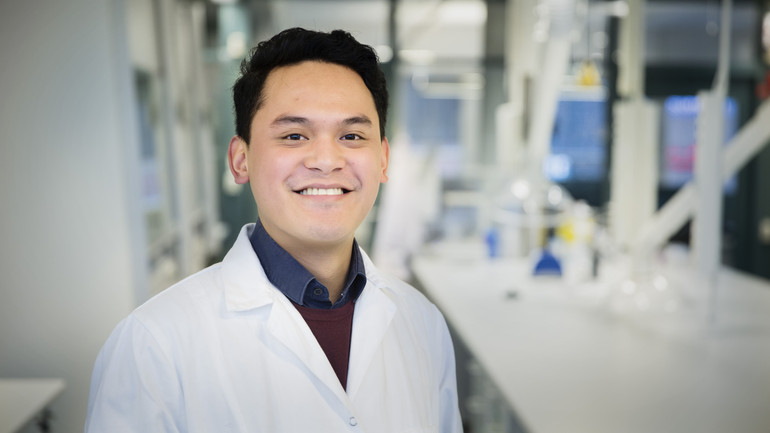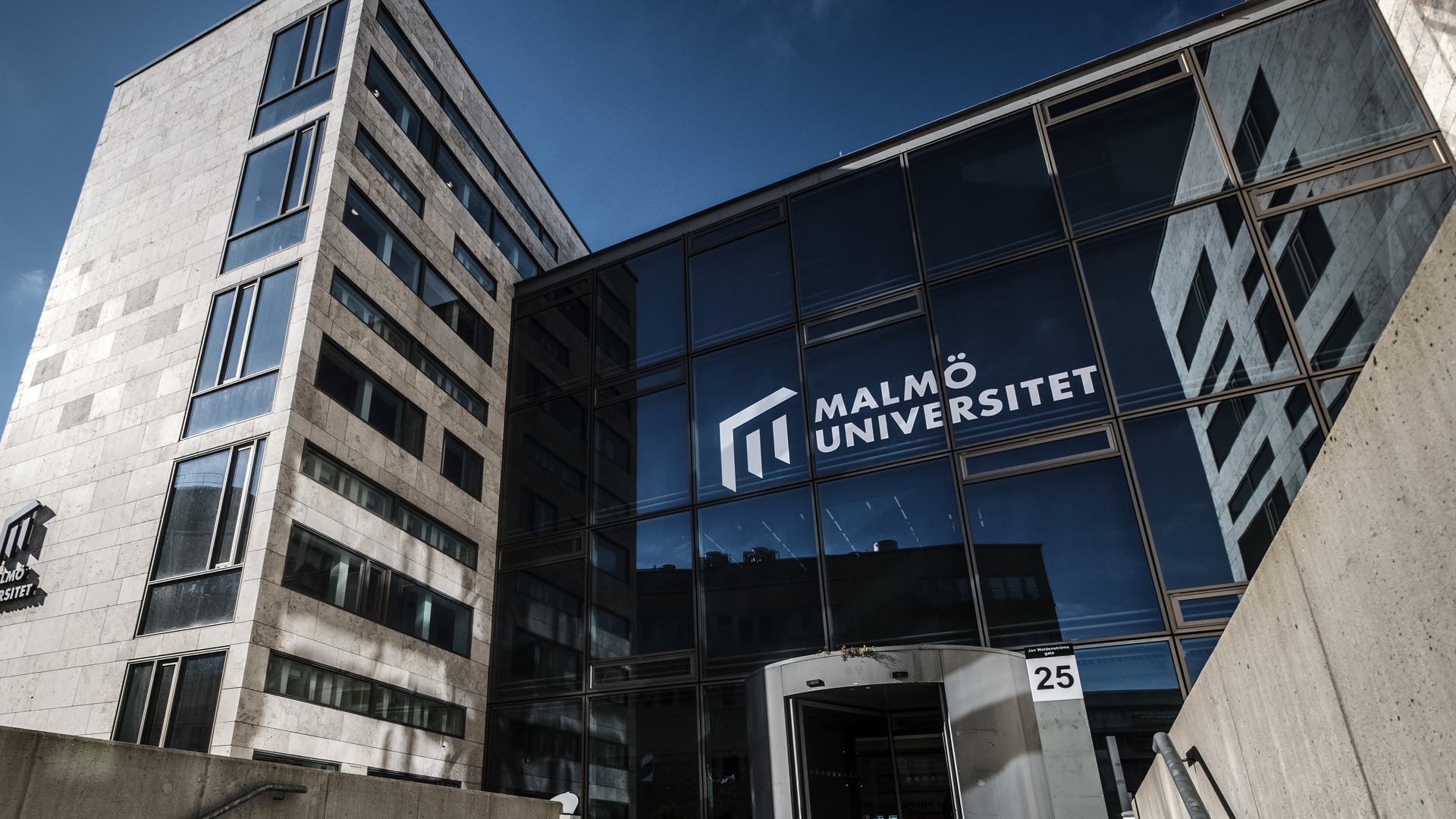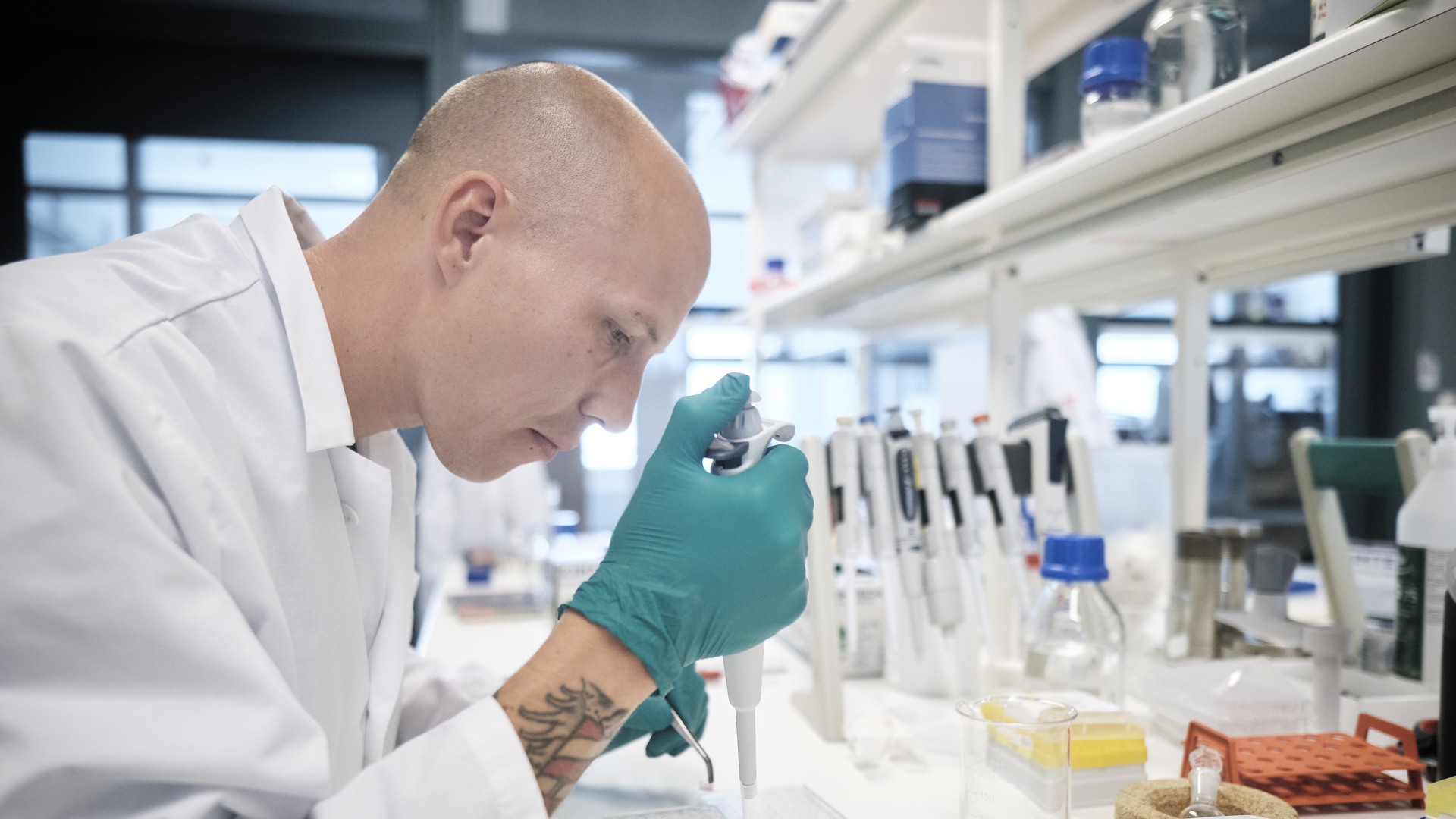Autumn 2025 - Semester 1
- Biointerfaces in Practice and Theory (BM811E), 7.5 credits
- Surface Chemical Properties of Biointerfaces (BM812E), 11.5 credits
- Biointerfaces in Living Systems (BM813E), 11 credits
Spring 2026 - Semester 2
- Biological Interfaces in Molecular Biology and Nanotechnology (BM822E), 15 credits
- Biointerfaces in Immunology (BM821E), 15 credits
Autumn 2026 - Semester 3
- Biomedical Surface Science: Properties of Biological Barriers (BM831E), 7.5 credits
- Artificial Biointerfaces (BM832E), 15 credits
- Research Methodology and Ethics (BM833E), 7.5 credits






